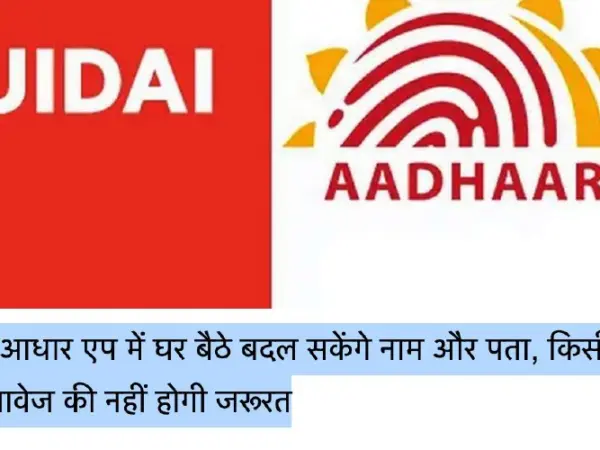In an era marked by persistent inflation, the common man in Delhi-NCR faces another financial challenge as Indraprastha Gas Limited (IGL) announces a hike in CNG prices. This increase, effective immediately, sees CNG prices rise by ₹1 per kilogram, further straining the budgets of many households and businesses that rely on this fuel.
Information on the Price Increase 💰
The price of CNG in Delhi has been raised from ₹74.04 per kilogram to ₹75.09 per kilogram. Similarly, in Noida, Greater Noida, and Ghaziabad, the price has gone up from ₹78.70 per kilogram to ₹79.70 per kilogram. This change, though seemingly small, has significant implications for both personal and commercial users of CNG.
Impact on Daily Commuters 🚗
For daily commuters who depend on CNG-powered vehicles, this price hike translates to higher daily expenses. For instance, an individual commuting 50 kilometers daily in a CNG vehicle that averages 20 km/kg will now spend approximately ₹3.75 more per day. Over a month, this adds up to an additional ₹112.50, a notable increase for those already grappling with tight budgets.
Effect on Commercial Transport 🚚
Commercial transport operators, including taxis, auto-rickshaws, and delivery vehicles, will feel the pinch even more acutely. These vehicles typically cover much greater distances, and the cumulative effect of the price hike will be substantial. The increased operational costs may force many operators to pass on the additional expense to consumers, potentially leading to higher fares and delivery charges.
Broader Economic Implications 💵
The hike in CNG prices can have a cascading effect on the broader economy. As transportation costs rise, the cost of goods and services is likely to increase as well. Retailers and suppliers who rely on CNG-powered vehicles for logistics will face higher operational costs, which may be passed on to consumers in the form of increased prices for essential goods.
Government and Policy Responses 🏛️
The government has a critical role to play in managing the impact of fuel price hikes. There are calls for policy interventions to stabilize prices and provide relief to those most affected by the increase. Potential measures could include subsidies for CNG users or incentivizing the adoption of alternative, more affordable fuels.
Sustainable Alternatives 🌱
Amid rising fuel prices, there is an increasing emphasis on exploring sustainable and economical alternatives. Electric vehicles (EVs) are gaining traction as a viable option, supported by government incentives and growing charging infrastructure. However, the transition to EVs will take time and significant investment, and in the short term, many will continue to rely on CNG and other fossil fuels.
Key Takeaways 📝
- Price Hike: CNG prices in Delhi-NCR have been increased by ₹1 per kilogram.
- New Rates: ₹75.09/kg in Delhi and ₹79.70/kg in Noida, Greater Noida, and Ghaziabad.
- Impact: Higher daily and monthly expenses for commuters and increased operational costs for commercial transport.
- Economic Ripple Effect: Potential increase in the cost of goods and services due to higher transportation costs.
- Government Role: Need for policy measures to mitigate the impact of fuel price hikes and promote sustainable alternatives.





